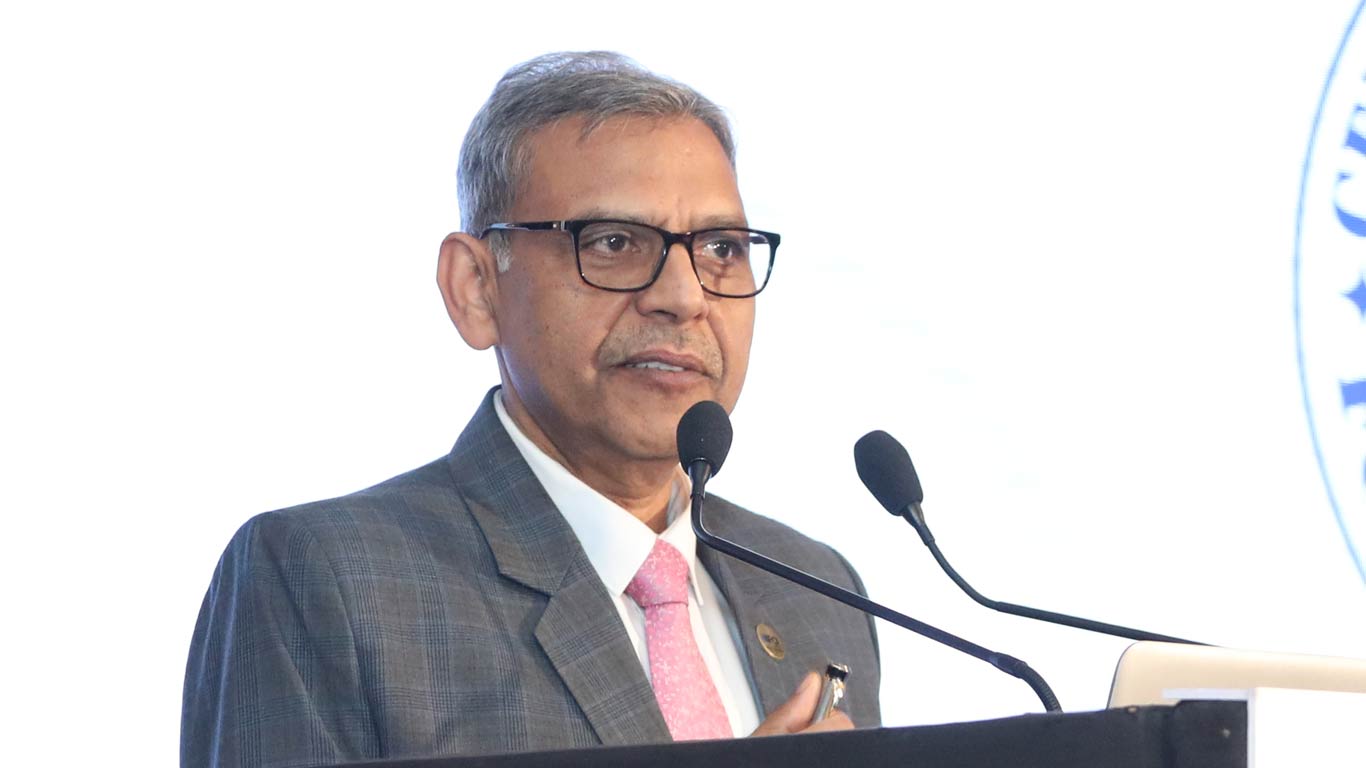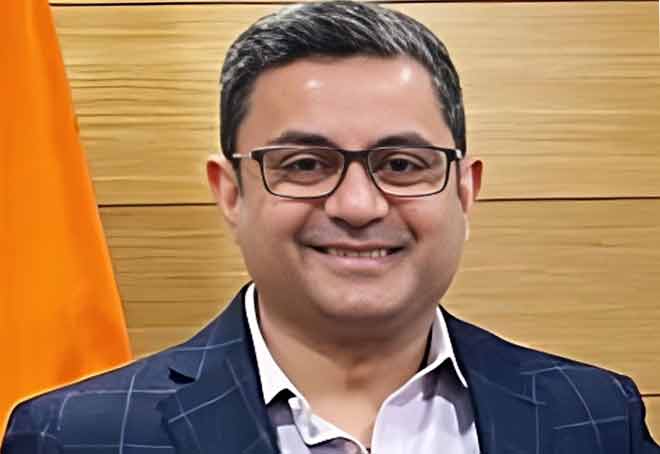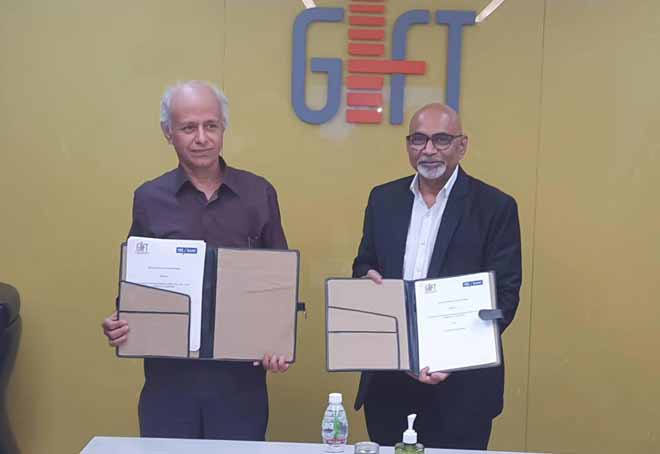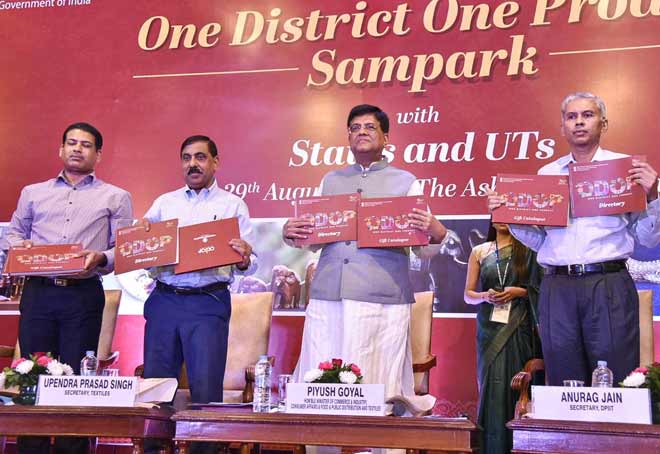FAO urges govts to improve food systems for better nutrition
Updated: Jun 06, 2013 06:22:17pm

Speaking at the launch of FAO’s flagship annual publication: The State of Food and Agriculture (SOFA), FAO Director-General José Graziano da Silva denounced the huge social and economic costs of malnutrition.
“Malnutrition in all its forms – under nutrition, micronutrient deficiencies, and overweight and obesity – imposes unacceptably high economic and social costs on countries at all income levels,” he said, calling for resolute efforts to eradicate malnutrition as well as hunger from around the world.
Although the world has registered some progress on hunger, one form of malnutrition, there was still "a long way ahead,” he said.
The report Food systems for better nutrition notes that although some 870 million people were still hungry in the world in 2010-2012, this is just a fraction of the billions of people whose health, wellbeing and lives are blighted by malnutrition.
FAO’s statistics reveal that two billion people suffer from one or more micronutrient deficiencies, while 1.4 billion are overweight, of whom 500 million are obese, according to SOFA. Further, twenty six per cent of all children under five are stunted and 31 per cent suffer from Vitamin A deficiency.
On the need to improve food systems, “The traditional role of agriculture in producing food and generating income is fundamental, but the entire food system – from inputs and production, through processing, storage, transport and retailing, to consumption – can contribute much more to the eradication of malnutrition,” he said.
Agricultural policies and research according to Graziano da Silva must continue to support productivity growth for staple foods while paying greater attention to nutrient-dense foods and more sustainable production systems.
He added that traditional and modern supply chains can enhance the availability of a variety of nutritious foods and reduce nutrient waste and losses.
All said and done, it is consumers who ultimately determine what they eat and therefore what the food system produced.
Thus, he called for better governance of food systems at all levels, facilitated by high-level political support.
He urged governments, international organizations, the private sector and civil society to help consumers choose healthier diets, reduce waste and contribute to more sustainable use of resources.
He suggested that they provide clear and accurate information while ensuring access to diverse and nutritious foods. (KNN)











